Common Anxieties and Their Symptoms
There are numerous types of anxiety disorders − all of which manifest themselves through different symptoms and can be triggered by multiple causes. This article outlines a few common types of anxieties and their symptoms.
Panic Attacks
Have you have ever found yourself getting ready for an interview, standing in front of an audience, or preparing to present a big speech? Then suddenly your heart is pounding; your palms are sweaty; chills are running down your spine; your knees are trembling; your face and ears are bright red; your mouth is dry, and your mind has drawn a complete blank. All this happens despite all your careful preparations. If this happens, then you are probably suffering from a panic attack.
PTSD
 Traumatic events and emergencies cause anxiety as well; waiting outside a hospital emergency room or a delivery room can create symptoms of anxiety. People find themselves pacing restlessly, acting hyperactive, nervous, or tense and irritable. As the time spent waiting grows longer, they may also end up losing sleep or their appetite, and end up exhausted and fatigued.
Traumatic events and emergencies cause anxiety as well; waiting outside a hospital emergency room or a delivery room can create symptoms of anxiety. People find themselves pacing restlessly, acting hyperactive, nervous, or tense and irritable. As the time spent waiting grows longer, they may also end up losing sleep or their appetite, and end up exhausted and fatigued.
Victims of a major life trauma, a serious accident, or other tragedy may exhibit these symptoms over a prolonged time, which could lead to serious psychological and physiological problems. They may suffer from Post Traumatic Stress Disorder or PTSD, symptoms which include: hallucinations, insomnia, nightmares, flashbacks and intense physical pain (such as chest pain), sweating, nausea, diarrhea, loss of appetite, fainting, frequent urination, or weakness. Emotionally, they may experience difficulty concentrating or focusing on work; they display radical mood swings, bursting into tears for no apparent reasons; experience emotional numbness, develop a phobia to certain places, people, or situations; or lose interest in activities they used to enjoy. They can feel lonely, even in a crowd. All these symptoms can lead to clinical depression.
Separation Anxiety
Children who suffer from separation anxiety throw tantrums, cry endlessly, refuse to go to sleep, refuse to go to school, or cling to their parents or care giver. Teenagers who suffer anxiety tend to be shy, overly irritable and argumentative with their parents, and may have a hard time concentrating on school work. They may suffer from physical symptoms such as headaches, upset stomach, trembling or tense muscles, or fatigue.
Obsessive Compulsive Disorder
Another type of anxiety disorder is Obsessive Compulsive Disorder or OCD. OCD symptoms include a number of different categories:
- Washers (compulsively washes hands)
- Checkers (repeatedly checks to see if the doors are locked, or oven is off)
- Doubters (doubts if anything is ever done correctly or perfectly)
- Counters (obsessed with numbers, arrangements, colors)
- Hoarders (hoards useless things in the fear that something bad may happen if they throw it away)

Social Anxiety Disorders
People suffering from phobic or social anxiety disorders exclude other people from their lives or avoid social gatherings or certain objects, events, or places in order to avoid “triggers” — reminders that could cause their anxiety. These phobias cause them to become aloof and reclusive.
Women often experience symptoms of anxiety more often than men and are more likely to develop anxiety disorders. Some attribute this to their biological hormonal fluctuations, such as menstruation, pregnancy, childbirth, and menopause. Some women show physiological symptoms of anxiety such as shortness of breath, heart palpitations, dizziness, derealization, excessive worrying, headaches, sleep disorders, ennui, elevated blood pressure, fatigue, and mood swings.
While all undergo stressful periods in their lives, there are times when the stress and the symptoms they manifest can become overwhelming and debilitating. When this happens, don’t ignore the resulting anxiety; there are actions you can take to relieve both the symptoms and the causes of the stress. This website is here as a guide to help you through this process.

 Subscribe Now
Subscribe Now
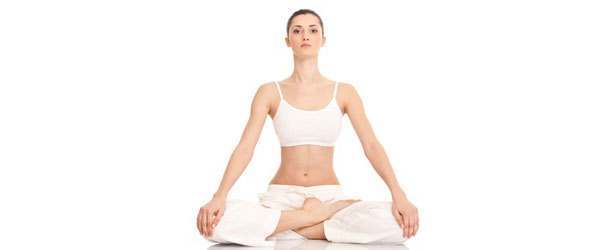

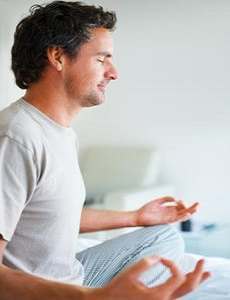

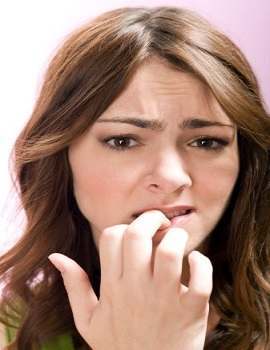


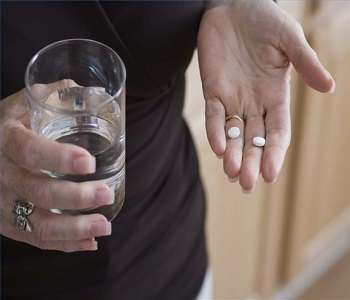


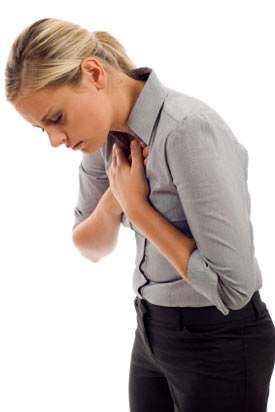
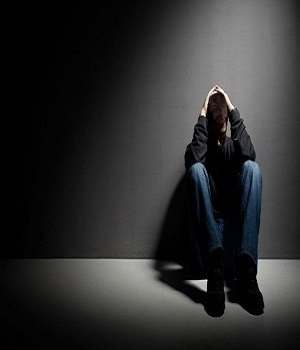






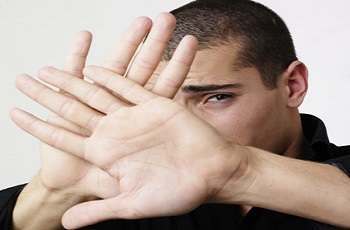 ess disorder
ess disorder








